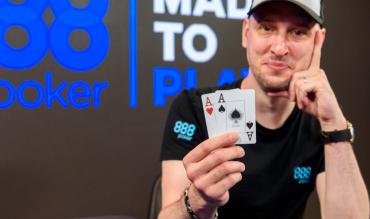I’m going to start this article with a couple of loose definitions:
- Game Theory Optimal, or GTO for short, is an unexploitable strategy. If applied consistently and over a large enough sample size, it will not lose money no matter what your opponent’s responses are.
- When I say exploitable, I mean taking a different decision with a hand than a GTO strategy might dictate. Our opponent’s tendencies may push us to find a play that will yield a higher expected value.
Let me use a rough example to simplify this a little bit.
Using PIO Solver to Avoid Being Exploited
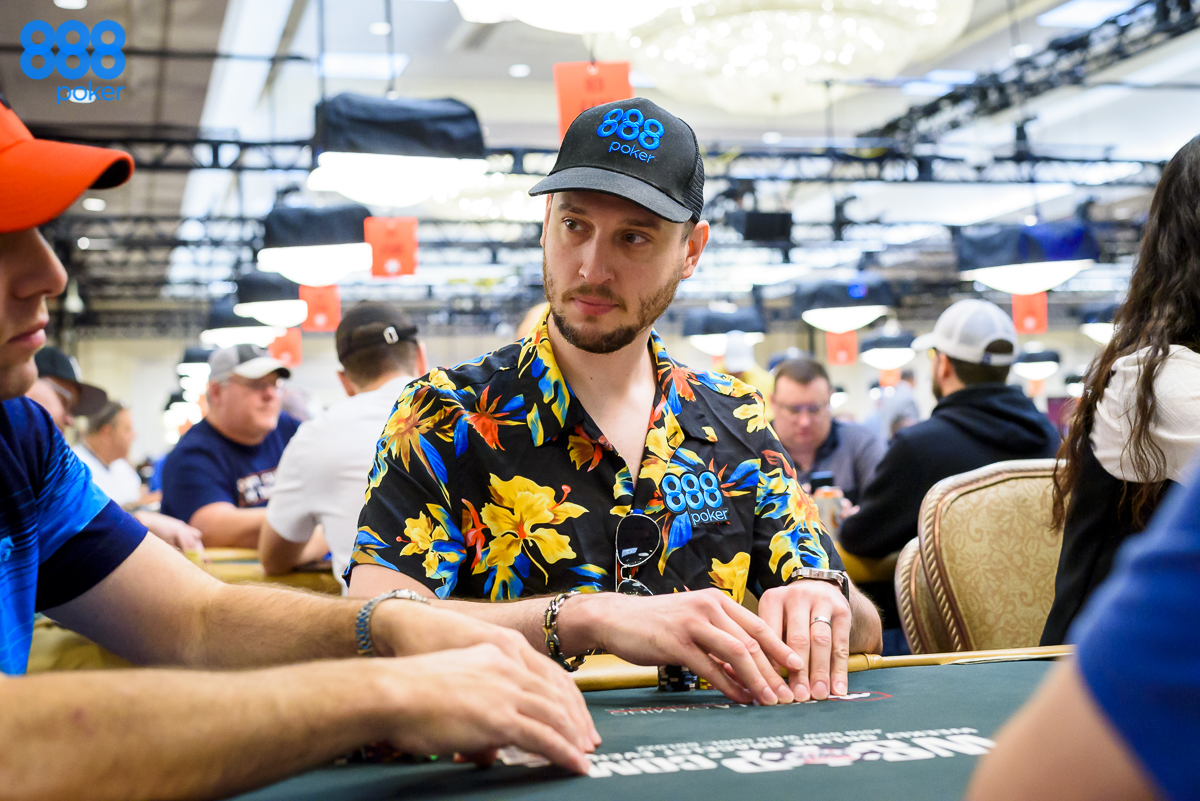
Say you use poker software such as PIO solver to analyse poker hands regularly. Common themes will start emerging within various parts of a player’s range.
The trend I’ll discuss involves how top pair hands tend to play. Let’s say we are in a situation where we bet relatively often, but not 100% of the time. In such situations,
- PIO will usually bet top pair, but it will sometimes check.
- It will check more often with a weaker kicker than with top pair top kicker.
For example, perhaps on a queen-high flop, the software will advocate checking AQ 20% of the time and Q7s 80% of the time.
The purpose of checking Q7 on a Q-high board is so that our checking range has hands that are strong enough to check and then call a bet. If our checking range is barren of such hands, our checks become too weak, and our opponent can exploit that.
Using PIO Solver to Extract Max Value
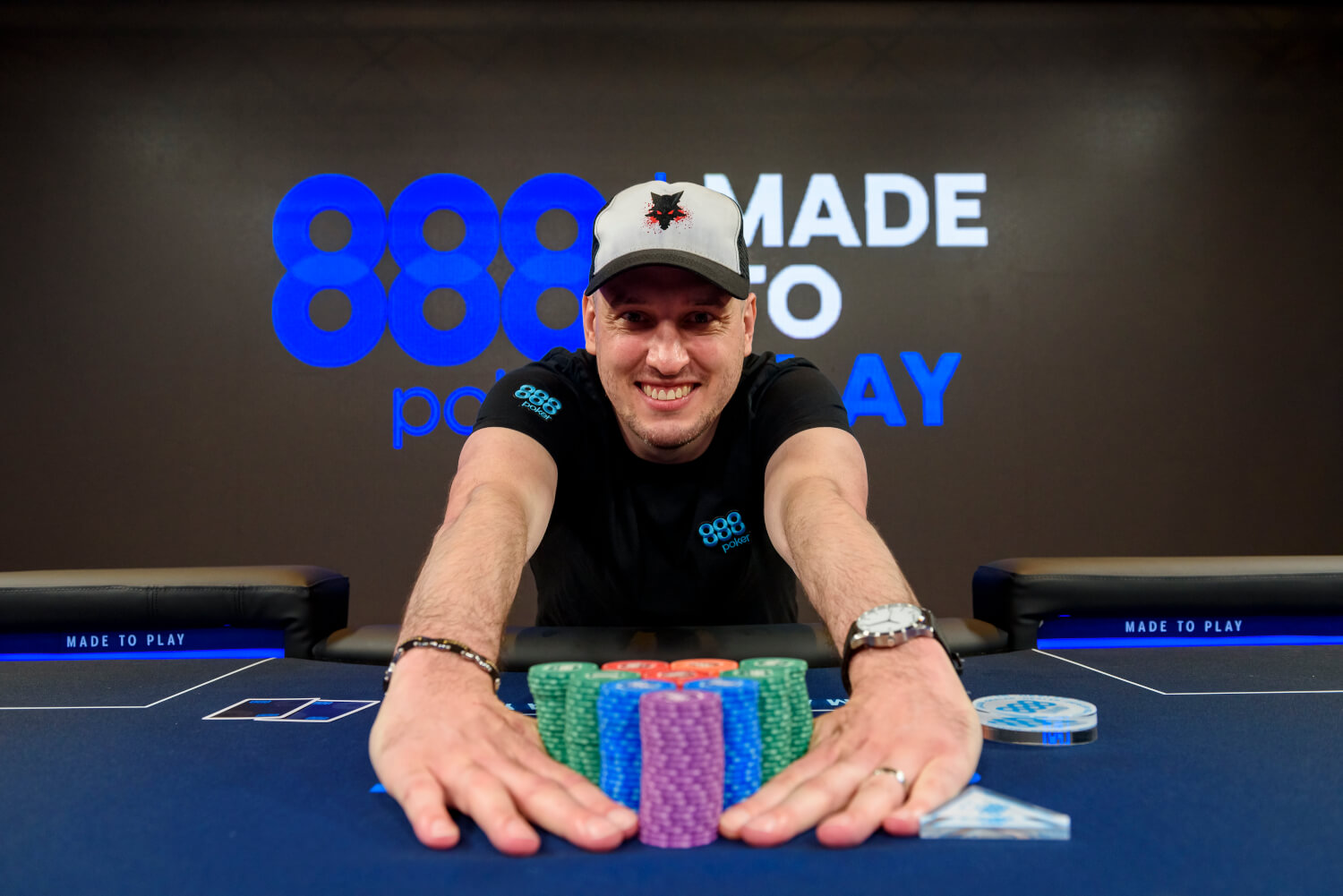
Q7 also can seldom get called by another top pair hand with a worse kicker. So, the value of betting such a hand is much worse than AQ.
AQ can expect a hand like QTs to call a bet on the flop, turn, and perhaps even the river.
The purpose of checking AQ some of the time is so that we can check-raise on a queen-high flop. This play allows us to extract value from our opponent when they bet a second-best hand like KQ.
It may even allow us to play for entire stacks to extract maximum value.
Going for Max Value with an Exploitative Approach!
There are times, however, when I believe a different approach can produce a bigger win rate against specific player types.
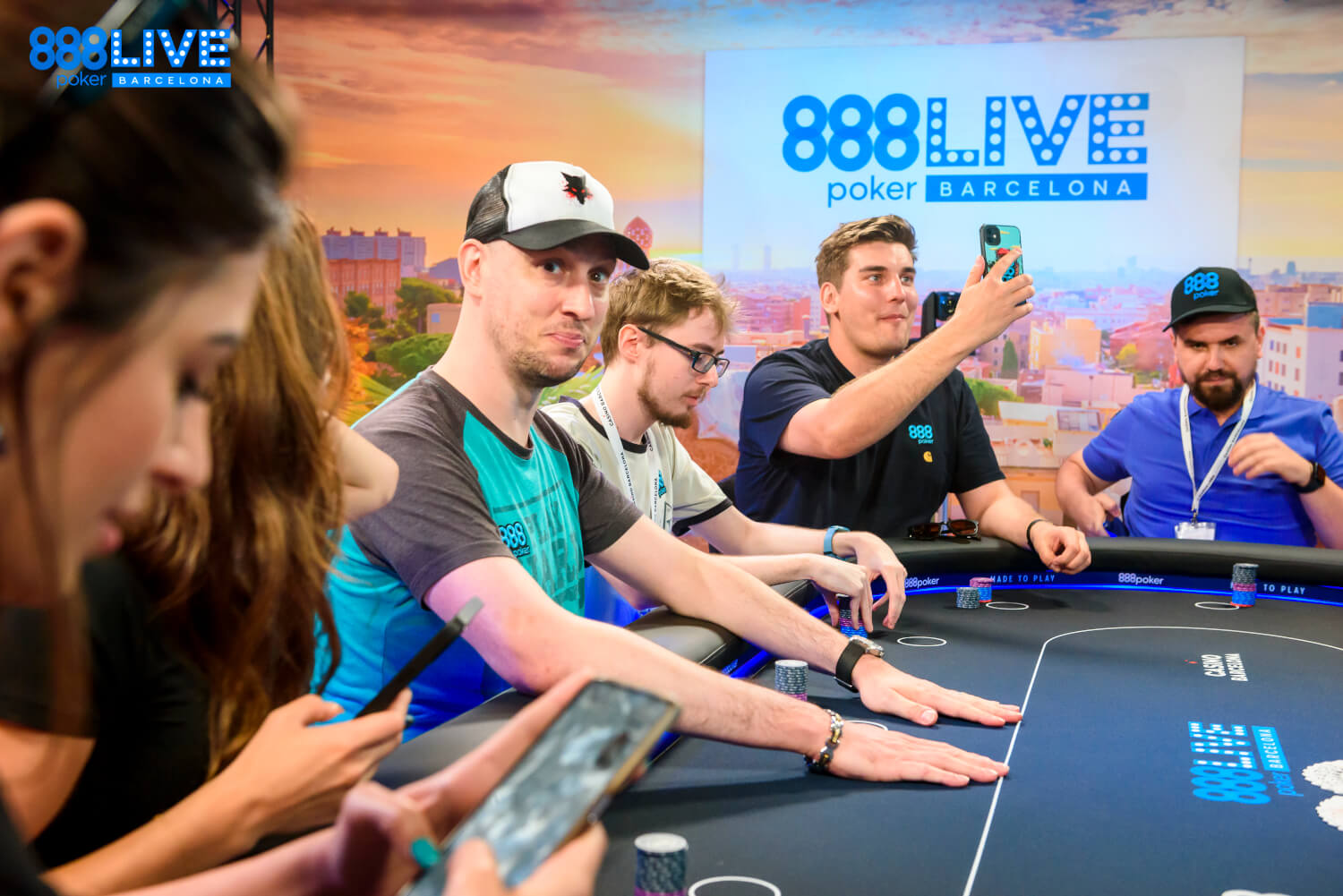
Say we have an opponent who is weak-passive. Then checking AQ to check-raise for value becomes a less than ideal strategy. It is a disaster if our opponent checks back a hand like KQ or even a hand that *should* bluff.
We would have missed a street of betting in the hand!
Against such players, it is often better to bet the top-pair-strong-kicker type hands at full frequency on the flop. This strategy works especially well against loose-passive players.
Their mistakes tend to be checking and calling and not in their betting and raising.
Consequences of Using an Exploitative Strategy
So, what are the potential consequences of diverting from a GTO strategy?
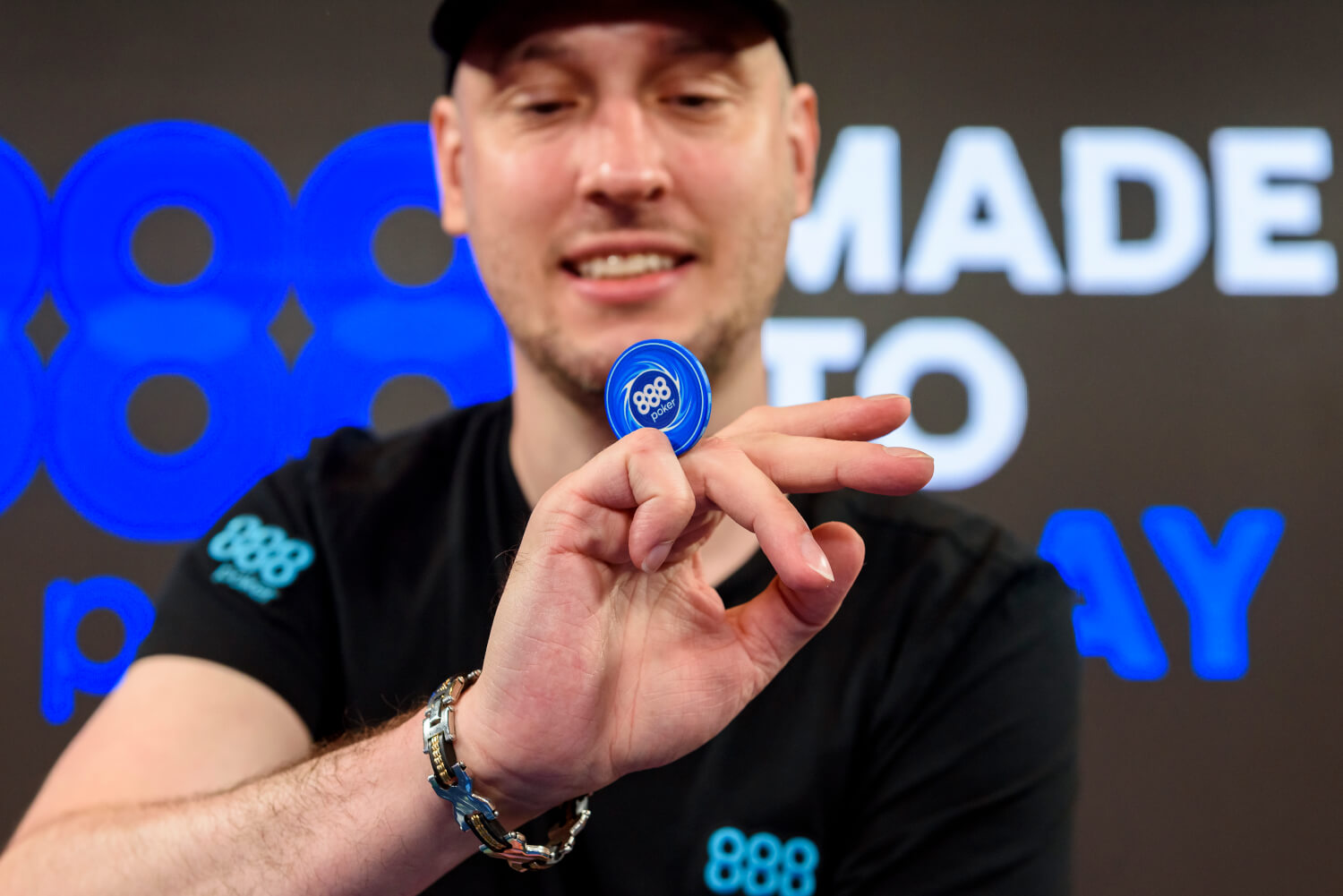
- We may have mislabelled our opponent
- They have improved since we last played against them
- They, in fact, are not loose passive but a much better player than we had given them credit.
In these instances, we may end up losing out on value. Like I said earlier, AQ can sometimes be check-raised on a Q-high flop to maximise value against worse Qx hands.
- If we bet it to a 100% frequency, we miss out on making four bets with the hand (their bet, our check-raise, turn and river bet)
- Instead, we get only three bets out of the hand.
Another way this exploitative approach would lose value is if our bet caused an opponent to fold a hand they would otherwise bluff.
Finding exploitative lines against weaker players separates good players from great poker players.
But a mistake in your read on a player can lead to enormous consequences!
